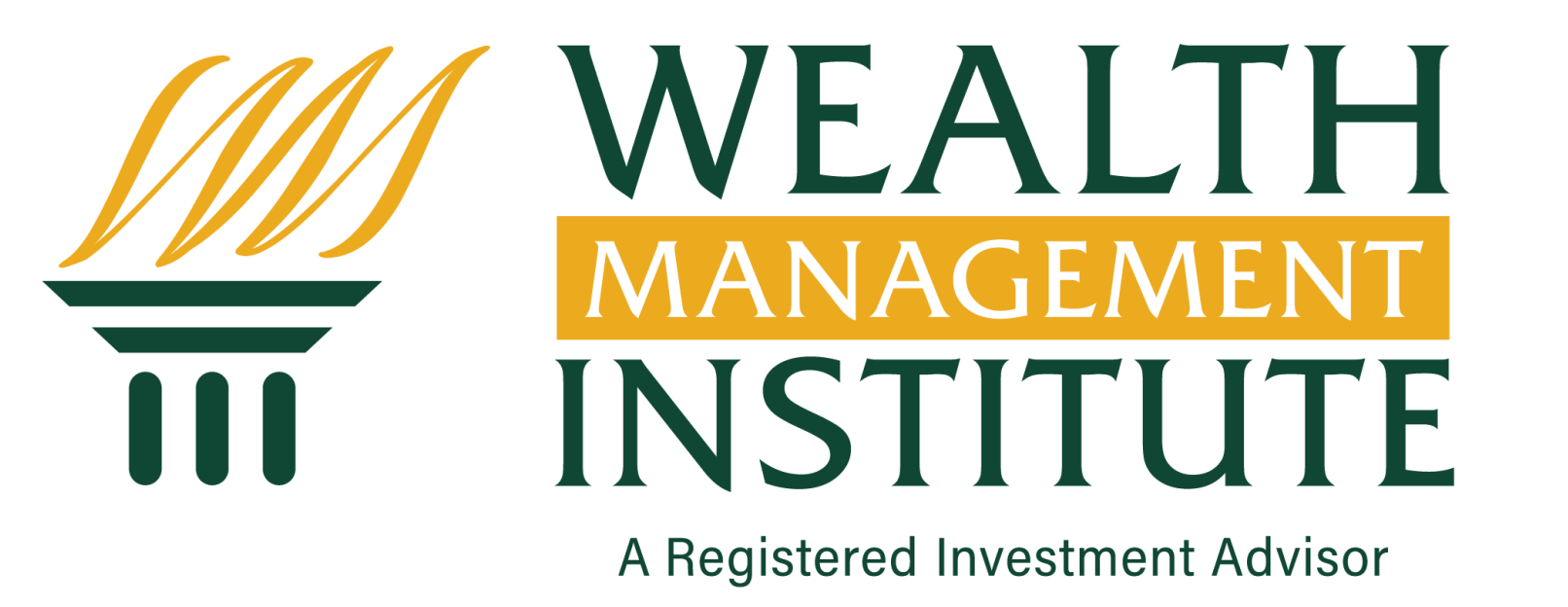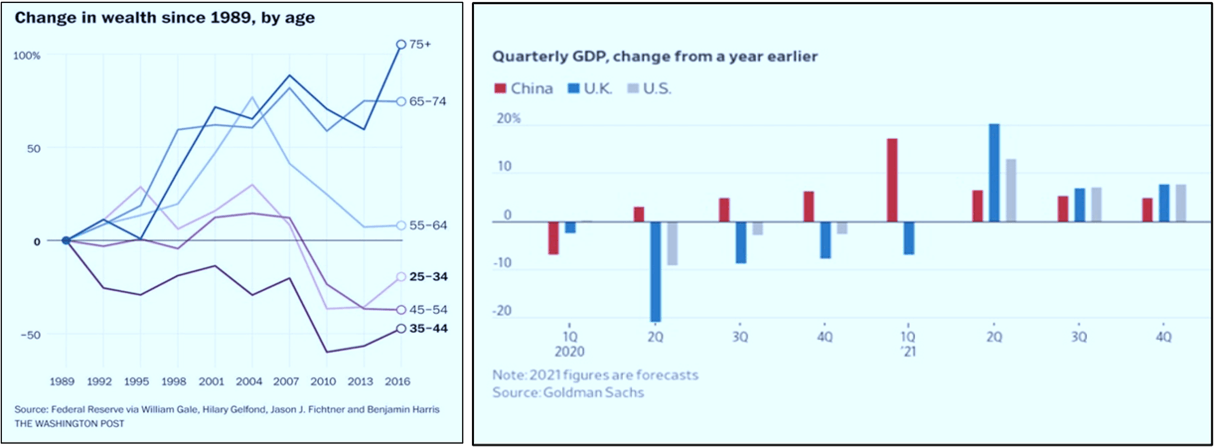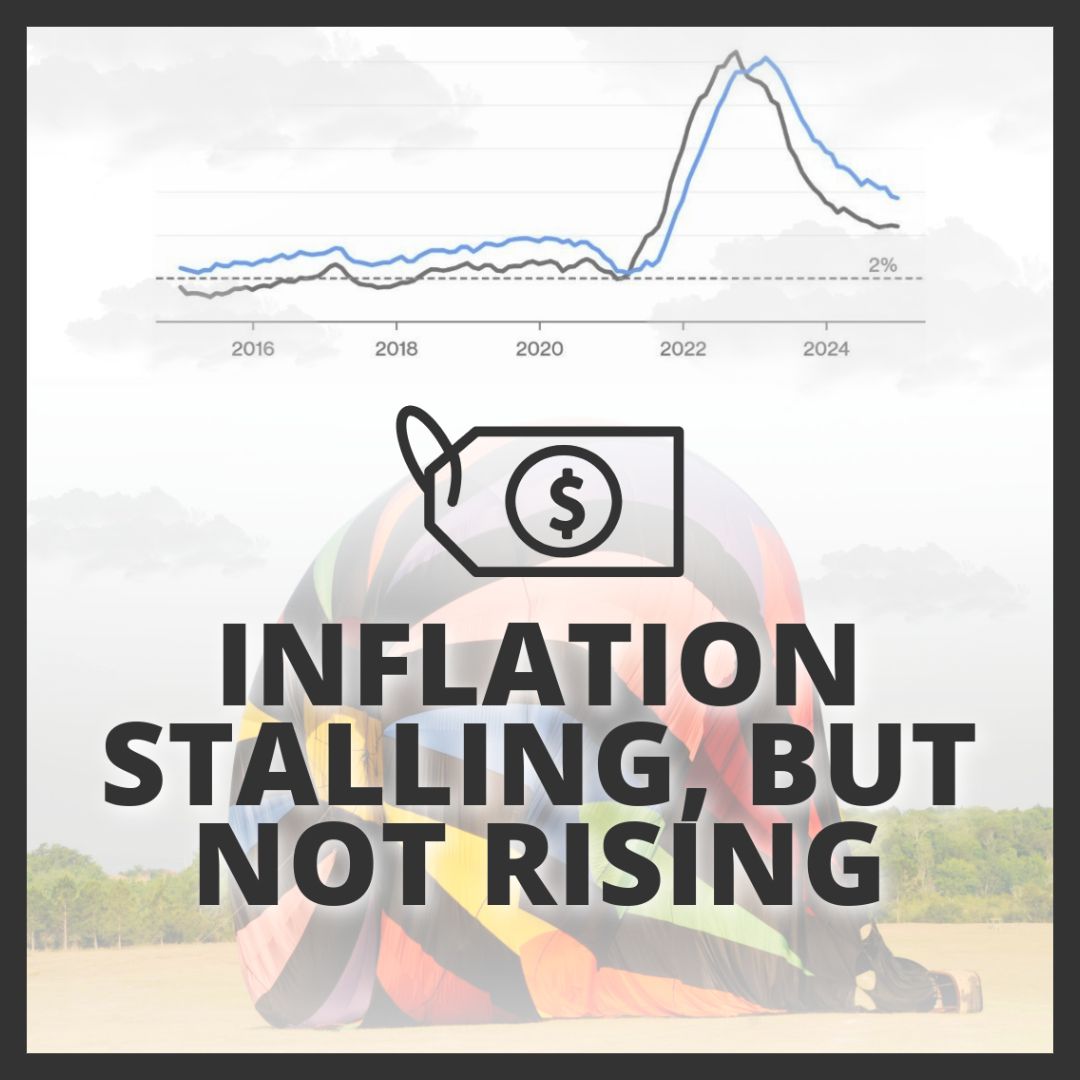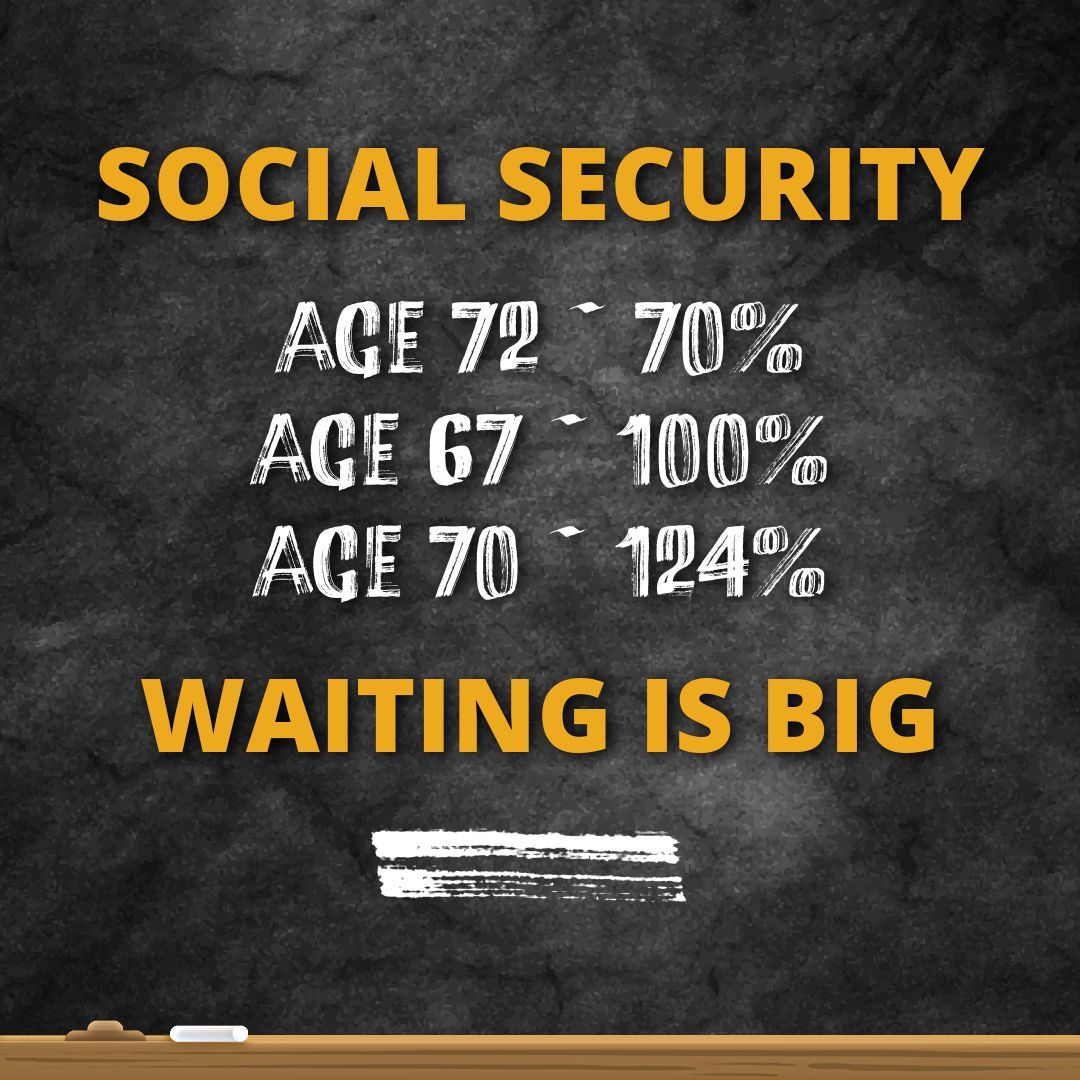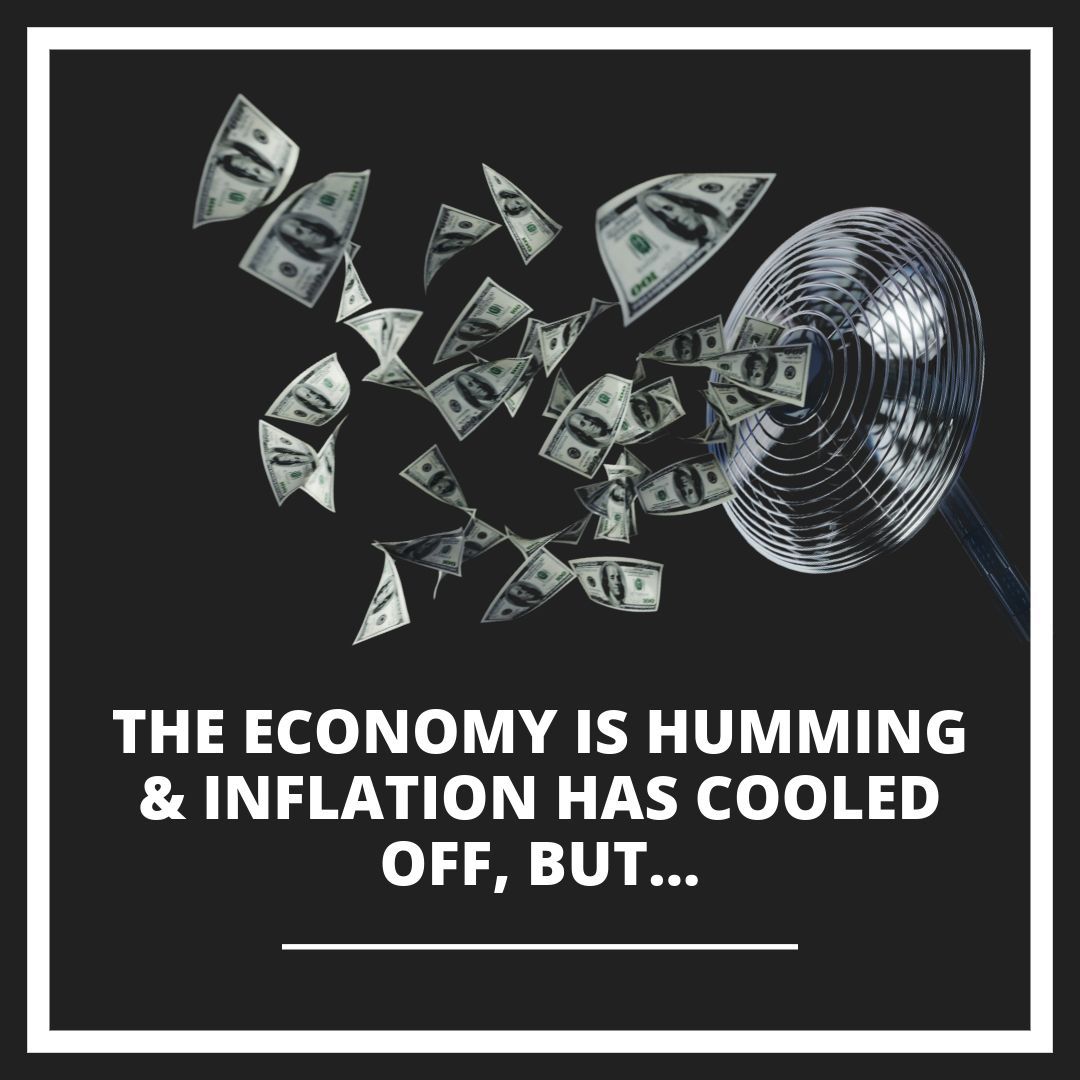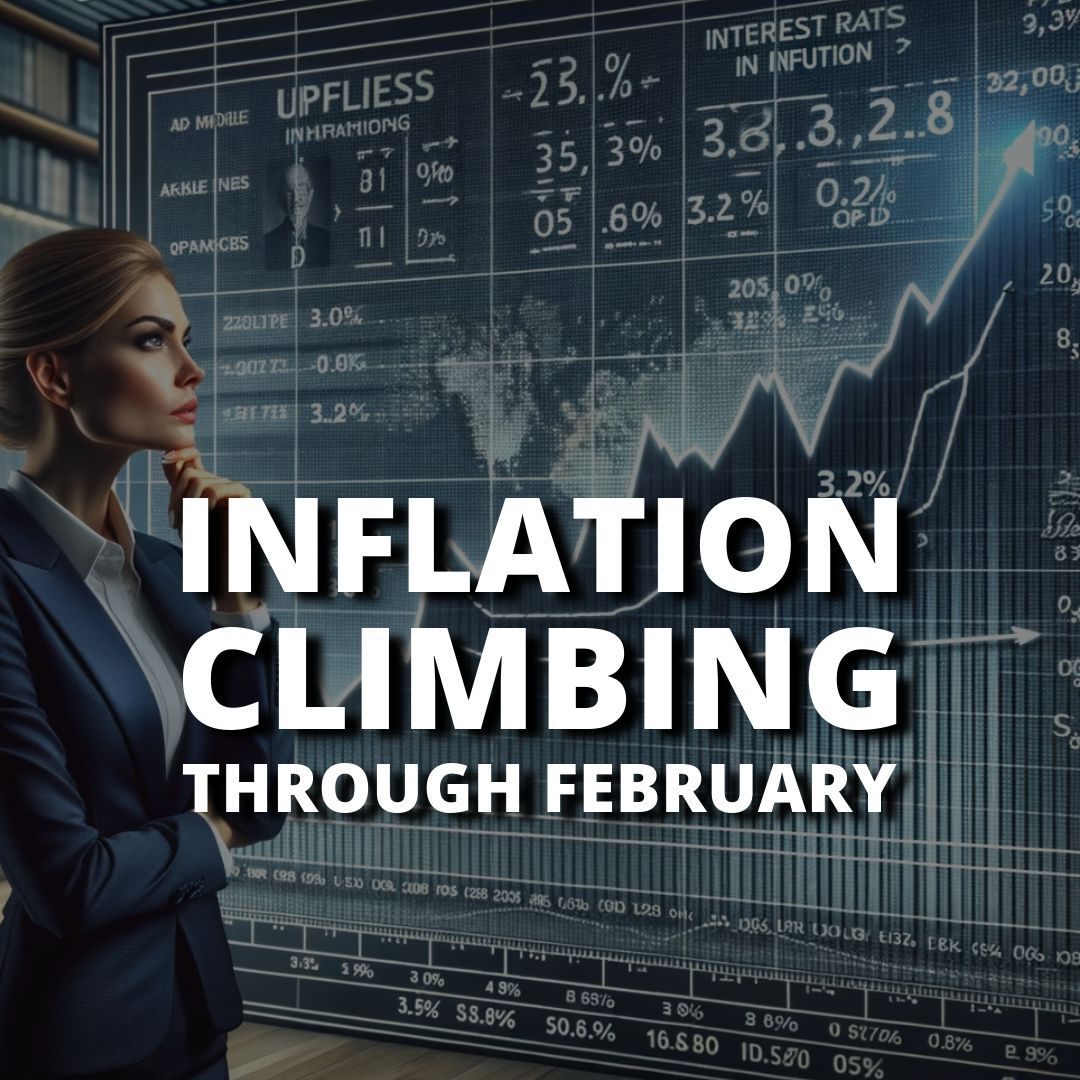More Inflation Fears
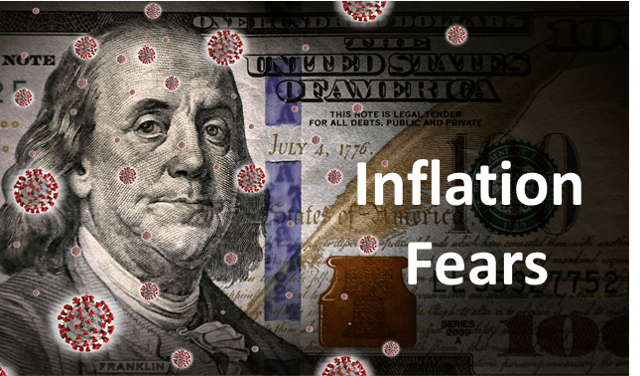
Inflation is near a decade low and well below the 2 percent level the Federal Reserve targets as ideal. The usual conditions for rising inflation—tight job markets and public expectations of rising prices—are glaringly absent. Yet anxiety about inflation is at a fever pitch, among economists and in markets, where long-term interest rates have been grinding higher since President Biden unveiled plans for huge new fiscal stimulus.
Shares in Europe closed higher in early March, buoyed by the prospect that easing restrictions to curb the coronavirus’s spread and supportive monetary and fiscal policies could set the stage for an economic recovery. However, gains were curbed by growing expectations that central banks would act to stem inflation.
Chinese stocks fell as concerns about rising U.S. yields and inflation expectations spilled across the Pacific.
Japan’s stock markets generated mixed returns in early March, with the Nikkei 225 declining 0.35 percent and the broader TOPIX gaining 1.70 percent.
Filings for unemployment benefits in the latter half of February reached their lowest level in nearly 3 months.
The average rate on a 30-year fixed-rate mortgage rose above 3 percent for the first time since July.
Source: “The Madison Weekly Market Wrap”, March 7 2021.
